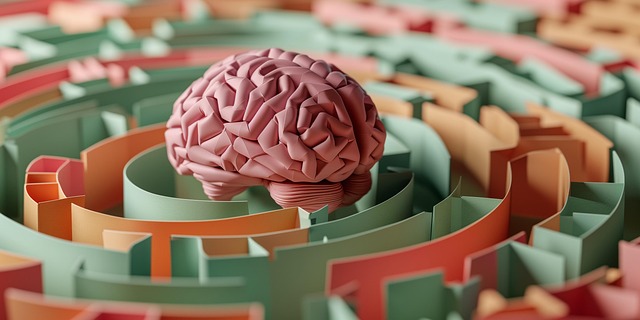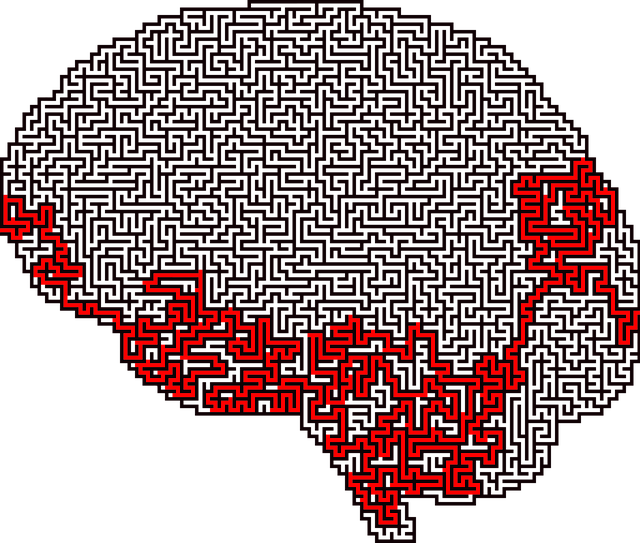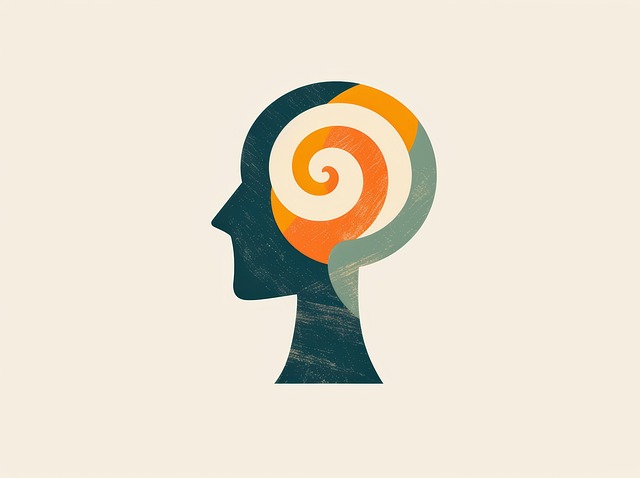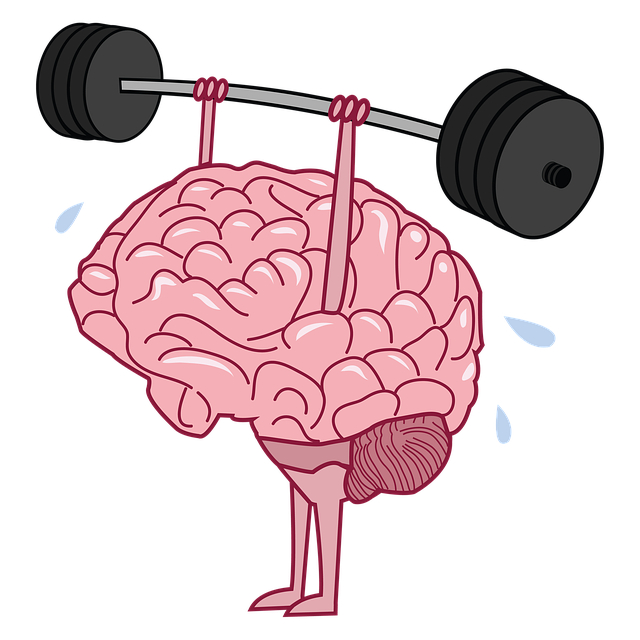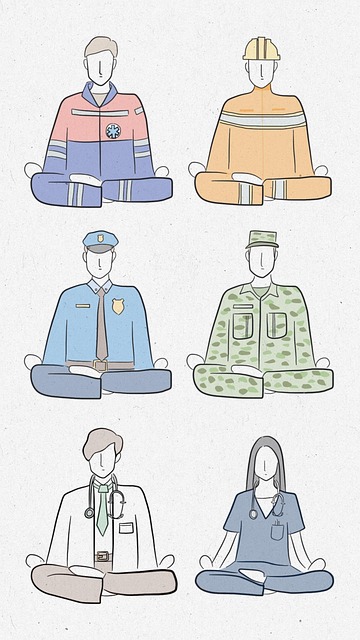Adolescent mental health faces unique challenges like anxiety, depression, trauma, and emerging issues driven by modern pressures. Cognitive Processing Therapy (CPT) is a game-changer in treating trauma and negative thought patterns, offering tailored approaches for teens. Early intervention strategies include self-assessment tools, CPT therapy, mental wellness journaling, education programs, resilience-building workshops, and stress management techniques to empower teens with coping mechanisms. These proactive measures aim to prevent severe crises, promote academic success, and shape a brighter future for adolescent teens.
Mental wellness self-assessment tools play a pivotal role in identifying and addressing the unique mental health needs of adolescent teens. This article explores the critical areas of Understanding Adolescent Mental Health Needs, leveraging Cognitive Processing Therapy (CPT) as a robust framework, and developing Effective Self-Assessment Tools tailored for this demographic. By delving into these aspects, we aim to bridge the gap in accessible resources, fostering early intervention and prevention strategies utilizing CPT’s proven efficacy. Search for “Therapy for Adolescent Teens” and “Cognitive Processing Therapy” reveals promising outcomes, underscoring the necessity of innovative self-assessment tools.
- Understanding Adolescent Mental Health Needs
- – Identify common mental health challenges faced by teens
- – Discuss the significance of early intervention and prevention
Understanding Adolescent Mental Health Needs

Adolescent mental health is a specialized field that requires tailored approaches to address unique challenges faced by young individuals. The minds of teens are still developing, making them more susceptible to various mental health disorders. Issues such as anxiety, depression, and trauma often manifest during adolescence, impacting their ability to navigate the complexities of growing up. Cognitive Processing Therapy (CPT) has emerged as a game-changer in understanding and treating these concerns. CPT focuses on identifying and modifying negative thinking patterns that may have developed due to traumatic experiences or stressful life events.
Mental health education programs designed specifically for adolescents play a crucial role in fostering resilience and promoting early intervention. By integrating CPT techniques into educational settings, teens can learn effective coping strategies and develop better emotional regulation skills. Additionally, encouraging self-reflection through mental wellness journaling exercises can provide valuable insights into their thoughts and feelings. This proactive approach to mental health awareness empowers young people to take charge of their well-being and seek appropriate therapy when needed.
– Identify common mental health challenges faced by teens

Teens today face a unique set of mental health challenges, often exacerbated by the pressures of academic success, social media, and peer dynamics. Common issues include depression, anxiety disorders, and eating disorders, with rising concerns about increased rates of self-harm and suicidal ideation among adolescents. These challenges demand innovative and accessible interventions to support young people’s mental wellness.
Cognitive Processing Therapy (CPT), for instance, has gained recognition as an effective approach for treating trauma and anxiety in teens. CPT focuses on identifying and modifying negative thought patterns, thereby improving emotional regulation and enhancing coping strategies. Beyond therapy, Depression Prevention initiatives aim to equip adolescents with resilience-building skills and risk management planning tools to mitigate potential mental health crises. Moreover, Confidence Boosting activities can play a significant role in fostering self-esteem and social well-being, addressing underlying issues that may contribute to more severe problems.
– Discuss the significance of early intervention and prevention

Early intervention and prevention are paramount in the realm of mental wellness, especially for adolescents and teens. This demographic often faces unique challenges that can significantly impact their overall well-being and future trajectory. By implementing effective self-assessment tools, we can identify emerging issues early on, allowing for timely interventions such as Cognitive Processing Therapy (CPT). CPT, a highly effective therapy for adolescent teens, focuses on modifying maladaptive thought patterns, thereby reducing symptoms of anxiety, depression, and trauma.
Promoting mental health awareness and encouraging the development of self-care routines are integral aspects of prevention strategies. Stress management workshops organized by schools or community centers can equip young individuals with valuable tools to navigate stressful situations. These workshops, coupled with teaching evidence-based stress reduction methods, empower teens to take proactive steps towards better mental health. Such initiatives foster resilience and ensure that adolescents have the resources they need to thrive both academically and personally.
Mental wellness self-assessment tools are invaluable in addressing the unique mental health needs of adolescent teens. By identifying common challenges such as anxiety, depression, and trauma using evidence-based methods like Cognitive Processing Therapy, early intervention can significantly improve outcomes. Preventative measures, tailored to each teen’s experiences, foster resilience and promote healthier developmental trajectories. These tools empower both teens and their support systems to recognize signs early on, ensuring timely access to appropriate therapy and fostering a brighter future.


